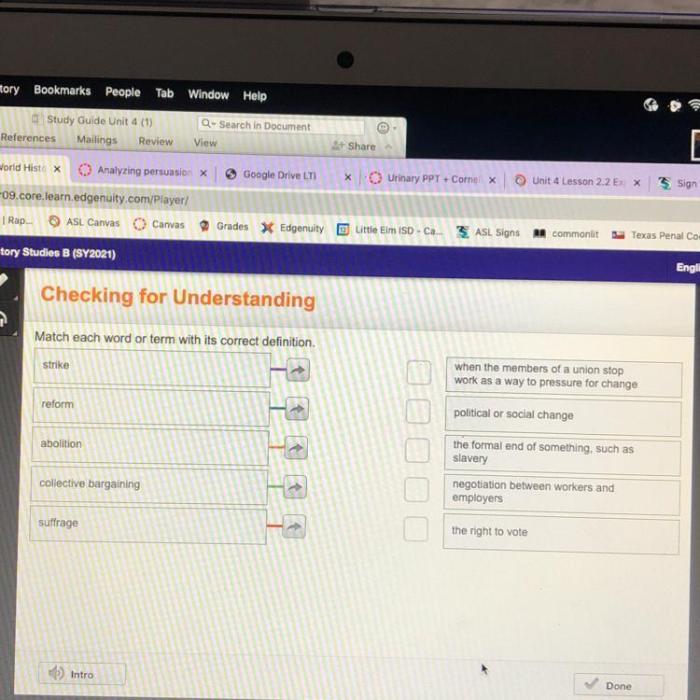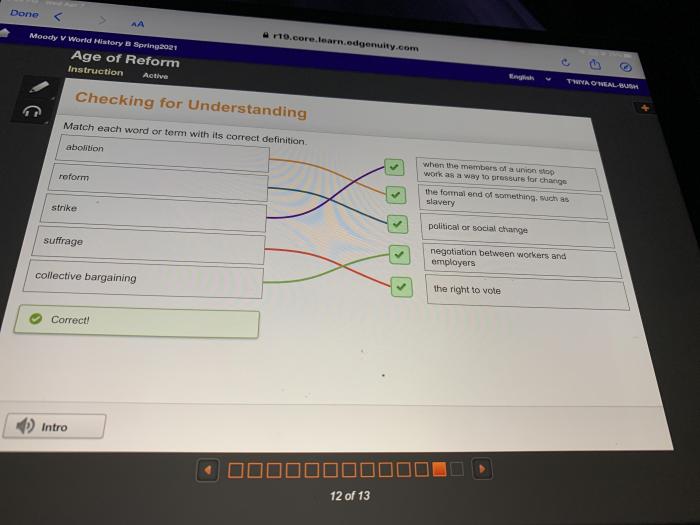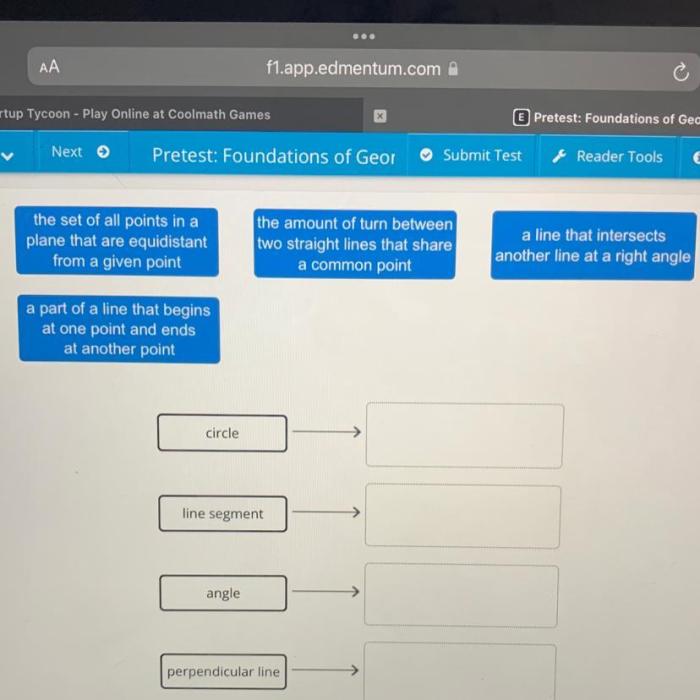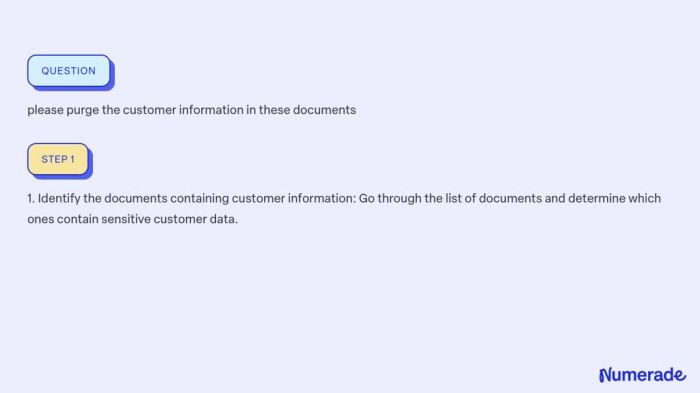Match each term to the correct definition – Matching each term to the correct definition is a fundamental task in various fields, including information retrieval, natural language processing, and knowledge management. This guide provides an in-depth exploration of methods, evaluation criteria, applications, challenges, and best practices for term-definition matching.
Effective term-definition matching requires a systematic approach that considers the ambiguity of terms, synonymy, polysemy, and contextual dependency. By adhering to best practices and utilizing robust matching algorithms, practitioners can improve the accuracy and effectiveness of their matching processes.
Term-Definition Matching: Match Each Term To The Correct Definition

Term-definition matching is the process of associating terms with their corresponding definitions. It plays a crucial role in various natural language processing (NLP) applications, such as information retrieval, knowledge management, and machine translation. The accurate matching of terms and definitions is essential for effective NLP systems.
Methods for Matching Terms and Definitions
There are several methods for matching terms to definitions:
- Manual matching:This involves manually pairing terms with their definitions by human annotators. While accurate, it is time-consuming and expensive.
- Automated matching using software:This method employs software algorithms to match terms to definitions. It can be faster and more cost-effective than manual matching, but may be less accurate.
- Hybrid methods:These combine manual and automated matching techniques to achieve a balance between accuracy and efficiency.
Evaluation Criteria for Matching
The accuracy and effectiveness of term-definition matching can be evaluated using various criteria:
- Precision:The proportion of matched terms that are correct.
- Recall:The proportion of correct terms that are matched.
- F1 score:A weighted average of precision and recall.
Applications of Term-Definition Matching
Term-definition matching has numerous applications in NLP:
- Information retrieval:Matching terms to definitions helps in finding relevant documents or information from a large corpus.
- Natural language processing:It enables computers to understand the meaning of text by associating words and phrases with their definitions.
- Knowledge management:Term-definition matching helps in organizing and managing knowledge in a structured way.
Challenges in Term-Definition Matching
Term-definition matching faces several challenges:
- Ambiguity of terms:Many terms have multiple meanings, making it difficult to determine the correct definition in a given context.
- Synonymy and polysemy:Synonyms and polysemous words can lead to incorrect matches if not handled properly.
- Contextual dependency:The meaning of a term can vary depending on the context, which makes matching more challenging.
Best Practices for Term-Definition Matching, Match each term to the correct definition
To ensure accurate and effective term-definition matching, follow these best practices:
- Use high-quality data sources:The quality of the data used for matching significantly impacts the accuracy of the results.
- Employ robust matching algorithms:Use matching algorithms that can handle the challenges of ambiguity, synonymy, and polysemy.
- Evaluate and refine the matching process:Regularly evaluate the accuracy of the matching process and make adjustments as needed.
Question & Answer Hub
What are the different methods for matching terms to definitions?
There are various methods for matching terms to definitions, including manual matching, automated matching using software, and hybrid methods that combine both approaches.
What criteria are used to evaluate the accuracy of term-definition matching?
The accuracy of term-definition matching is typically evaluated using metrics such as precision, recall, and F1 score.
What are some of the challenges associated with term-definition matching?
Challenges in term-definition matching include the ambiguity of terms, synonymy and polysemy, and contextual dependency.


